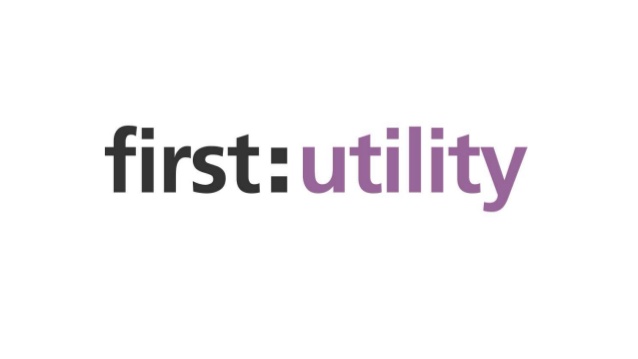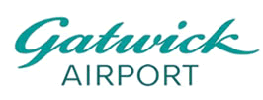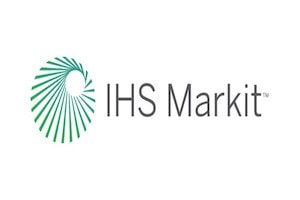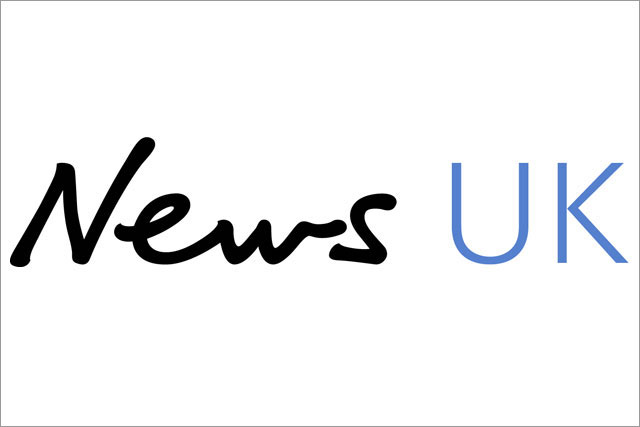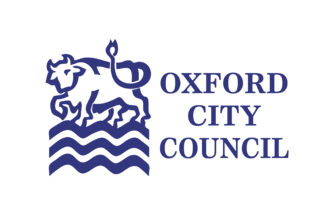You Ask, We Answer: Best in Class DevOps Platforms (GitLab, Harness, GitHub, Atlassian)
Here at Sirius, we often get asked, "Which DevOps Platform is truly 'Best in Class'—GitLab, Harness, GitHub, or Atlassian—and which one should we choose?". This is a very good question, and one that deserves a clear, honest answer. We understand the necessity of selecting the right platform, as it defines your entire software development lifecycle for years and impacts scalability and operational costs.
We want to be upfront: "Best in Class" is defined by specialization and strategic fit, rather than singular technological dominance. While GitLab, Harness, Atlassian, and Microsoft (GitHub/Azure DevOps) are consistently recognized as industry Leaders, the platform that is "best" for your organization depends entirely on whether you prioritize governance, delivery safety, or developer velocity. Acknowledging that one solution might not be the best fit for every scenario builds credibility.
This article will honestly review the specialized strengths, core philosophies, and feature trade-offs of these major contenders. We aim to be fiercely transparent, providing you with both sides of the coin, allowing you to make the most informed decision possible.
Defining the Leaders and Core Philosophies
The DevOps platform market is mature and highly consolidated. Four key entities—GitLab, Harness, Atlassian, and Microsoft (GitHub/Azure DevOps)—are consistently recognized as industry Leaders in 2025. These platforms diverge significantly based on their feature delivery philosophy.
1. The Integrated vs. Modular Philosophy
| Philosophy | Platform | Description | Strategic Advantage |
|---|---|---|---|
| Integrated Model | GitLab | Prioritizes bundling features (CI/CD, security scans) directly into the core application to minimize friction and context switching. | Standardized Governance and control over the entire toolchain. |
| Modular Model | GitHub | Emphasizes flexibility and customization, relying heavily on its extensive Marketplace (over 10,000 reusable actions). | Extensibility and the rapid assembly of specialized workflows, maximizing developer velocity. |
2. Strategic Positioning of Core Contenders
The leading platforms target distinct enterprise profiles, defining their specialized competitive advantages.
- GitLab: The Integrated DevSecOps Platform. GitLab's core strength is its end-to-end, single-application approach across the entire development lifecycle. It is the optimal choice for organizations demanding stringent compliance management (HIPAA, SOC2, ISO 27001), favoring integrated security scans over external tools. GitLab is praised as the "most all-in-one solution for enterprises".
- Harness: The AI-Native Delivery Specialist. Harness specializes in automated delivery, operational safety, and financial governance. It is critical for enterprises where deployment risk, multi-cloud scaling complexity, and cloud cost optimization (FinOps) are the highest priority pain points.
- Microsoft/GitHub: The Extensible Ecosystem and Social Hub. GitHub leads in developer mindshare (over 100 million developers). It prioritizes flexibility and community, powered by an extensive Marketplace and leading AI capabilities (Copilot). It is best suited for distributed teams and enterprises prioritizing rapid iteration and developer flexibility.
- Atlassian: The Ecosystem Gateway. Atlassian (Jira, Confluence, Bitbucket) offers a unified system of work. Bitbucket’s native compatibility with Jira is often the deciding factor, making it the indispensable choice for organizations already leveraging the Atlassian ecosystem.
Critical Feature Benchmarks and Functional Differentiators
Evaluating platforms requires comparing maturity in key functional areas like Continuous Verification (CV), security integration, and AI adoption.
1. Deployment Safety: The Continuous Verification Gap (CV)
Continuous Verification (CV) is the process of using real-time monitoring data to automatically assess an application's health immediately after deployment, serving as the final automated safety gate.
- Harness identifies CV as a foundational strength, offering it out of the box. This capability reduces deployment risk and provides superior orchestration for enterprise-scale delivery.
- A significant functional divergence exists in GitLab's offering: GitLab does not provide native CV capabilities. It necessitates a manual process using integration with external monitoring tools like Prometheus. This omission undermines the core benefit of fully automated delivery, forcing context switching and operational scripting complexity.
2. AI Capabilities: Integration vs. Generation
AI has rapidly become the central competitive element in the 2025 platform market.
- GitLab Duo Agent Platform is positioned as the comprehensive, enterprise-grade choice, leveraging a revolutionary multi-agent system. GitLab includes Duo essentials FREE with Premium and Ultimate subscriptions, strategically altering the TCO equation against competitors who charge separately for AI. Crucially, GitLab supports self-hosted models and the bring-your-own-model (BYOM) capability, mandatory for highly regulated sectors that require data sovereignty.
- GitHub Copilot established early market leadership in generative AI for code completion.
3. DevSecOps and Compliance Integration
Security integration drives teams toward top commercial tiers.
- GitLab Ultimate is engineered for sustained compliance and risk reduction, bundling eight security scans (SAST, SCA, DAST, Container Scanning) directly into its CI/CD pipeline.
- GitHub Advanced Security (GHAS) provides essential tools like code scanning, but security parity often relies on orchestrating supplementary tools and specialized licensing, increasing complexity.
4. CI/CD Economics and Hosted Costs
The cost of hosted compute minutes is a major commercial differentiator.
- Free Hosted Minutes: GitHub offers the most generous free hosted allowance at 2,000 minutes per month. Azure DevOps is competitive (1,800 minutes). GitLab offers a comparatively restrictive 400 free minutes per month, which encourages swift migration to paid tiers or self-hosting.
- Self-Hosted Advantage: For projects with massive CI/CD consumption, all platforms recommend self-hosted runners to control compute costs. Azure DevOps offers a unique commercial advantage by providing unlimited free parallel jobs for self-hosted CI/CD runners. Similarly, running the GitLab Community Edition (CE) with self-hosted runners provides a zero-licensing cost solution.
Strategic Recommendations by Enterprise Profile
The 'Best in Class' decision hinges upon matching the platform’s specialized strength to the organization’s greatest strategic need.
| Organizational Profile | Primary Recommendation | Key Rationale |
|---|---|---|
| Highly Regulated Enterprise / DevSecOps Focus | GitLab | The integrated architecture, built-in security scanning (SAST/DAST), and extensive deployment flexibility (Self-Managed, BYOM AI) is unmatched for minimizing regulatory risk and operational complexity. |
| Complex Multi-Cloud Delivery and FinOps Optimization | Harness | Native Continuous Verification addresses a critical functional gap left by competitors, and its advanced Cloud Cost Management (CCM) drives measurable ROI through financial automation. |
| Cloud-Native and High-Velocity Development | GitHub | Dominance in open-source, the extensive Marketplace, and leading AI capabilities position it as ideal for rapid iteration and architectural flexibility. |
| Microsoft-Centric Enterprise | Azure DevOps | Offers mature project management and stable CI/CD, providing a seamless fit for organizations deeply invested in the Microsoft stack. |
A Critical Warning Regarding Self-Managed TCO:
Organizations considering the self-managed path for GitLab must be aware of the associated financial and security risks. The minimum estimated annual TCO for a 500-user Premium, single-administrator, non-HA self-managed instance is over $81,934 higher than the pure SaaS cost ($255,934+ vs. $174,000). This differential is overwhelmingly driven by the necessary administrative labor cost (median salary ~$77,950) required to manage the complexity. Furthermore, the self-managed model transfers catastrophic downstream security liability to the customer (as demonstrated by the Red Hat breach), as customers bear the ultimate responsibility for securing these installations. Unless strict regulatory requirements prohibit it, mandating GitLab.com SaaS is often the superior economic solution.
Choosing your DevSecOps platform is less about finding a single "gold medal winner" and more about ensuring the platform's architectural priorities align with your organization's highest critical needs. It’s like selecting the right vehicle for a specific job: you wouldn't choose a race car (GitHub) for hauling heavy equipment (GitLab), or a specialized security vehicle (Harness) when you just need the cheapest commuter (GitLab CE/Azure DevOps for self-hosted runners). By honestly evaluating your strategic risks—governance needs, FinOps targets, or developer expectations—you can turn an overwhelming choice into a clear, fiscally responsible decision.














